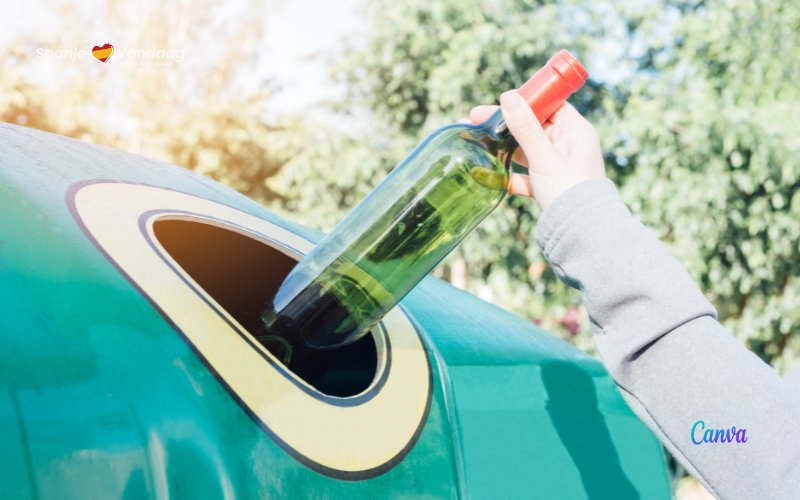Recycling is crucial for a more sustainable future, but challenges remain to increasing recycling rates and achieving a true circular economy. In addition to Covid and climate deniers, Spain also has to deal with so-called recycling deniers. These are the residents of Spain who still believe that waste is simply mixed regardless of the containers.
World Recycling Day, also known as “Día de Reciclaje” in Spanish, is celebrated annually on May 17 in the European Union. Ecovidrio He investigated Spaniards’ views on recycling and the customs associated with it. from results It shows that almost a small part of the population can be considered as “negacionistas del reciclaje”, or recycling deniers.
Research shows that 26% of Spaniards believe that waste gets mixed up when thrown into garbage trucks. In addition, 7% believe that recycled products are of lower quality and almost 7% believe that recycling causes more pollution than producing new products.
Despite these misconceptions, it gives 88% of Spaniards always or almost always separate their glass containers. Surprisingly, 18% are considered “environmental activists” because they encourage those around them to recycle more. This shows that there is a positive attitude towards recycling, despite some misconceptions that still exist.
Cantabria is Spanish region With the highest percentage of recycling deniers, with approximately 15% of the population not believing in the benefits of recycling. In comparison, Galicia is the second region where the percentage of recycling deniers is 9%.
In contrast, cities with a population of more than 100 thousand and regions such as Navarra (24%), Basque Country (23%), Madrid Region (21%), Castile and León (20%) and Asturias (20%). ) are the most “environmentally active” areas, where citizens are highly committed to recycling.
Despite these positive trends, there is still room for improvement. Just 6% of Spaniards can be considered recycling deniersBecause they do not recycle or because they are convinced that recycling does not make sense.
On average, men produce more glass bottles per week than women, and young people aged 18 to 30 show the least involvement in recycling, while people aged 45 and over are the most “environmentally active” citizens.
Seven out of ten Spaniards support getting more information about the benefits of recycling, what happens to recycled packaging and the impact of not recycling on the environment. In addition, 65% believe that awareness campaigns have a significant impact on people’s recycling behaviour.
Despite this, 59.5% of citizens believe that fines should be imposed on people who do not recycle. 43.5% also believe that some people will not recycle glass unless they are fined for doing so.
Glass containers are the most recycled, at over 95%, followed by paper and cardboard (87%), and plastic containers (84.5%). On the other hand, only 55% recycle organic waste, while 3% selectively separate waste without any waste at all.

“Creator. Award-winning problem solver. Music evangelist. Incurable introvert.”







More Stories
British military spy satellite launched – Business AM
Alarming decline in the Caspian Sea
Lithuania begins construction of military base for German forces